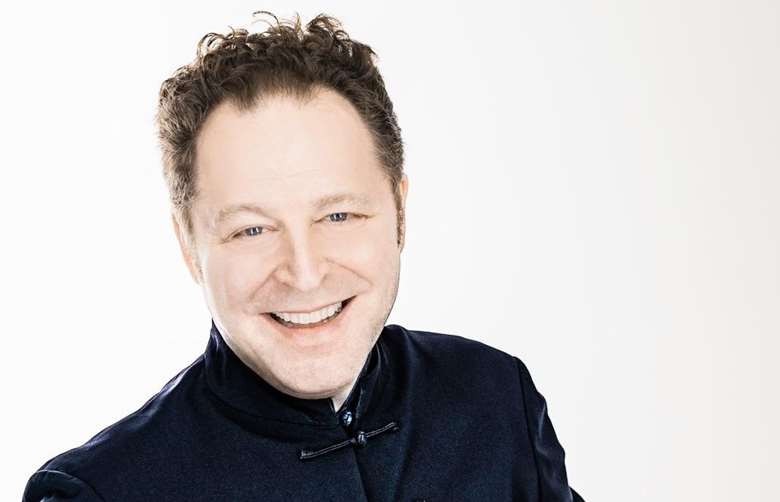John Axelrod: ‘Don’t give up – stay true to the music’
Florence Lockheart
Wednesday, April 6, 2022
When Japan recently closed its borders, John Axelrod found his stay unexpectedly extended. It turned out to be a blessing in disguise, he tells Florence Lockheart


Register now to continue reading
Don’t miss out on our dedicated coverage of the classical music world. Register today to enjoy the following benefits:
- Unlimited access to news pages
- Free weekly email newsletter
- Free access to two subscriber-only articles per month